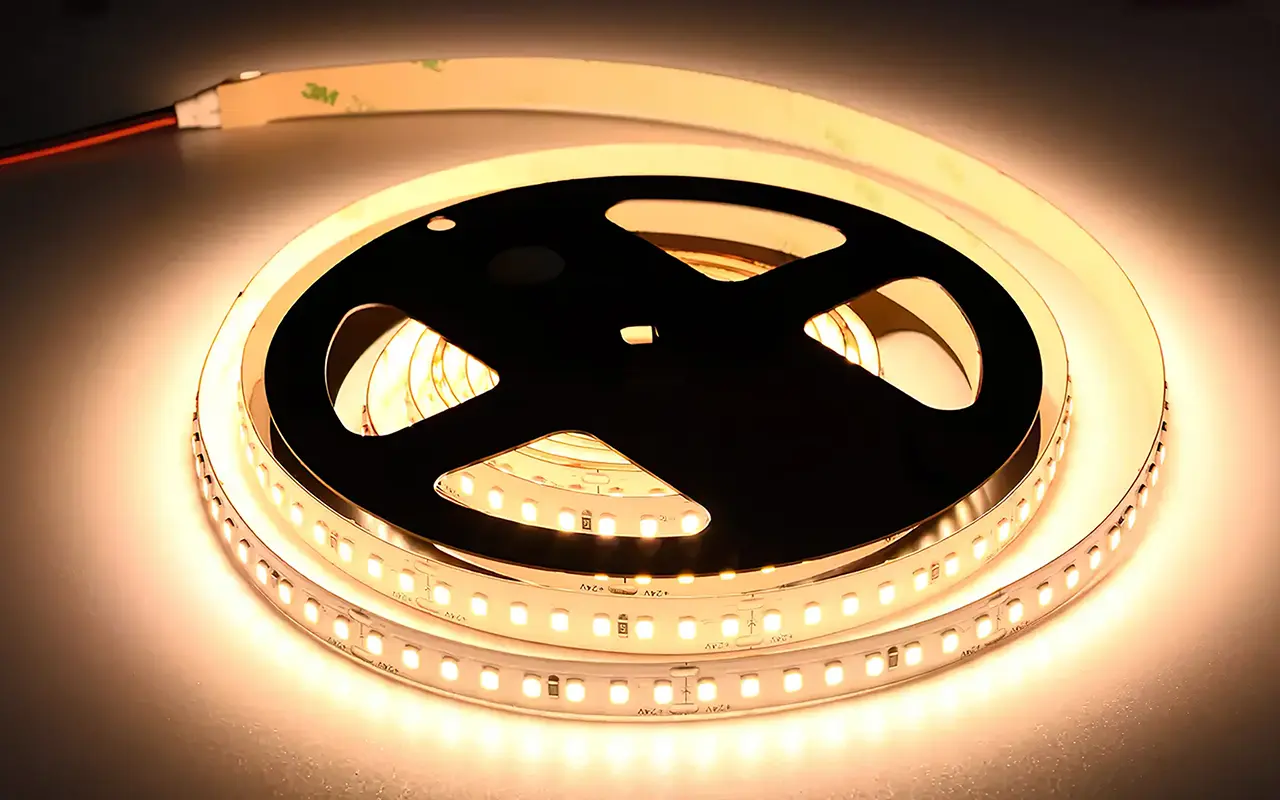LED Modules: The Smart Building Blocks of Modern Lighting

Lighting has come a long way from bulky bulbs and inefficient fixtures. Today, at the heart of many modern lighting solutions lies a powerful, compact, and efficient component — the LED module. These small yet mighty units are changing how we design, implement, and control lighting across industries, from commercial signs to smart homes.
What is an LED Module?
An LED module is a self-contained, pre-configured circuit that houses one or more light-emitting diodes (LEDs), often along with supporting electronics, such as resistors or drivers. Designed for easy integration, these modules can be snapped, soldered, or screwed into lighting systems to provide consistent, long-lasting illumination.
LED modules are typically mounted on metal-core PCBs (printed circuit boards) for better heat dissipation and can be custom-shaped for specific applications like channel letters, display cases, or backlit signs.
Why LED Modules Are Revolutionizing Lighting
LED modules offer advantages far beyond traditional lighting solutions:
-
Energy Efficiency: LEDs consume up to 80% less power than incandescent bulbs.
-
Longevity: A well-designed module can last 50,000+ hours, reducing maintenance.
-
Flexibility: Available in various shapes, sizes, and color temperatures — even RGB or tunable white.
-
Customization: Modules can be designed to fit specific applications with tailored brightness, beam angles, and voltages.
-
Durability: Many are waterproof (IP65–IP68 rated) and vibration-resistant, ideal for outdoor or industrial use.
Whether lighting up a storefront or embedded in a smart mirror, LED modules deliver performance and design freedom.
Key Applications of LED Modules
Thanks to their modularity and versatility, LED modules are used in a wide range of industries:
-
Retail & Signage: Backlighting for channel letters, logos, and displays
-
Automotive: Interior and exterior lighting in cars, trucks, and electric vehicles
-
Architectural Lighting: Cove lighting, stair illumination, and accent lighting
-
Industrial & Commercial: Equipment lighting, emergency signage, and machine vision
-
Consumer Electronics: Smart home devices, mirrors, appliances, and furniture
Each use case may require a different lumen output, beam angle, or IP rating, making module selection a crucial part of the design process.
Choosing the Right LED Module
Not all LED modules are created equal. Here’s what to consider when selecting one:
-
Brightness (lumens per module): Higher lumens for signage, lower for ambient lighting
-
Color Temperature (Kelvin): Choose between warm (2700K), neutral (4000K), or cool (6000K+)
-
Power Requirements: Most modules operate at 12V or 24V DC
-
IP Rating: Waterproofing is essential for outdoor or wet-area use
-
Mounting Method: Some have peel-and-stick adhesive, others screw or clip in
-
Certifications: Look for UL, CE, RoHS compliance for safety and efficiency
A reputable supplier can guide you through product selection and even offer custom configurations.
The Future of LED Modules: Smarter and Smaller
With advances in COB (Chip-on-Board) technology and smart lighting integration, LED modules are becoming smaller, more efficient, and more connected. Future modules will feature:
-
Built-in dimming and motion sensing
-
Wireless control via Wi-Fi, Zigbee, or Bluetooth
-
Dynamic color shifting and programmable patterns
-
Improved heat management with nanomaterials or graphene PCBs
As smart cities and homes become mainstream, LED modules will continue to evolve into intelligent, interactive lighting components.
Conclusion: Lighting the Way Forward
LED modules are not just components — they’re the backbone of modern lighting design. Offering unmatched flexibility, energy efficiency, and durability, they empower designers, engineers, and businesses to build smarter, more sustainable lighting solutions.
Whether you're creating illuminated signage, upgrading industrial lighting, or designing smart home devices, LED modules bring your vision to life — one diode at a time.
- Art
- Causes
- Crafts
- Dance
- Drinks
- Film
- Fitness
- Food
- Games
- Gardening
- Health
- Home
- Literature
- Music
- Networking
- Other
- Party
- Religion
- Shopping
- Sports
- Theater
- Wellness
